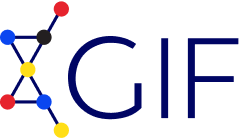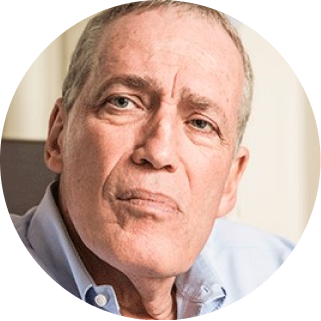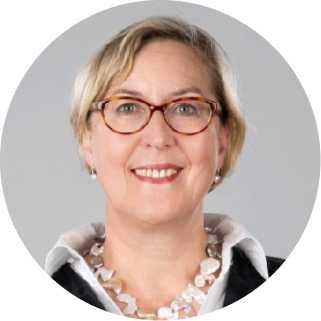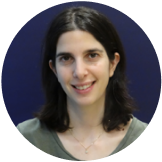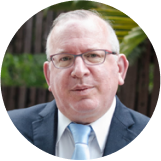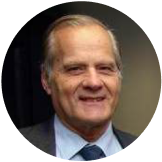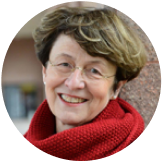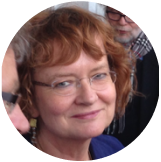NeuroImmuno Nexus: Bridging Minds in Neuroimmunology - A NextGen Scientist Symposium

Meeting Details
- 19-22 November, 2024
- Mainz, Germany
Scientific Organizing Committee:
- Prof. Dr. Ari Waisman (Johannes Gutenberg University Mainz, Germany)
- Dr. Kiara Freitag (Weizmann Institute of Science, Israel)
Framework:
Dysregulation of the immune system serves as a driving force behind a myriad of central nervous system (CNS) diseases, including multiple sclerosis, Alzheimer’s disease, glioblastoma, and many more. In the dynamic field of neuroimmunology, rooted in neurology, neuroscience, and immunology, groundbreaking research has unfolded from Golgi and Cajal to Charcot and Thompson. Recent technological advances such as single cell sequencing and high dimensional flow cytometry have significantly enhanced our understanding of the intricate interplay between the adaptive and innate neuroimmune responses during development, aging, and disease. The once-deemed immune-privileged brain now emerges as an active player in fundamental neurobiology, influencing cognition, behavior, and the onset of major neurological disorders. From Alzheimer’s and ALS to stroke, Multiple Sclerosis and beyond, neuroimmunology’s centrality is increasingly apparent. However, despite notable scientific advancements, the field faces persistent challenges, particularly in diseases where therapeutic options are limited or, in some cases, non-existent. This underscores the pressing need for a comprehensive understanding of disease processes driven by immune responses. Unanswered questions persist regarding the cross talk between adaptive and innate neuroimmune responses, the precise mechanisms governing chronic inflammation in various neuroimmunological diseases, and the overarching mysteries surrounding the dynamic interplay within the central nervous system.
Our mission is to decipher the inflammatory facets of neurological disorders by exploring a diverse array of immune cells including classical immune cells such as T-cells, B-cells and myeloid cells, along with CNS-intrinsic microglia and neurovascular unit cells. Many of these cells exhibit unexpected immune roles in brain homeostasis and brain development. Our primary goal is to identify strategies preventing chronic inflammation, employing cutting-edge single-cell technology to bridge bench-to-bedside therapies.
Uniting neuroimmunologists from diverse fields will catalyze inventive therapeutic strategies and collaborative efforts aimed at addressing neuroinflammation. We propose a GIF Young Scientists’ Meeting with 11 young scientists from each participating country, providing them with a platform to showcase their research and fostering international collaboration. Additionally, two senior scientists, selected to complement the expertise of the young researchers, will anchor the meeting, guide discussions and provide invaluable insights into neuroimmunology.
By inviting neuroscientists, immunologists, clinicians, and computational scientists to present their research the symposium aims to catalyze share cutting-edge findings and technologies, and forge novel research avenues, by focusing on the following topics:
- Neurodegeneration: Exploring innate and adaptive immune mechanisms as well as neuroinflammation characteristic of conditions such as Alzheimer’s disease, ALS, and Parkinson’s disease.
- Autoimmunity: Addressing the complex interplay between the immune system and the central nervous system in autoimmune diseases like multiple sclerosis.
- Cancer: Examining the intersection of neuroimmunology and oncology to understand the immune responses in glioblastoma and other cancers affecting the nervous system.
- Technology: Embracing cutting-edge technology advancements in single-cell RNA sequencing, imaging modalities, high-throughput screening and bioinformatics to empower researchers to explore new insights into disease mechanisms and potential therapeutic interventions.
Application procedure
Participants should be early-career scientists up to 7 years after completing their PhD and should be affiliated to a research institute in either Israel or Germany. Under special circumstances we will consider students in the final stages of their PhD.
Applicants are requested to send an application letter describing their research and motivation, of maximum 500 words along with their CV, to Susanne Gahr at gahr@uni-mainz.de
